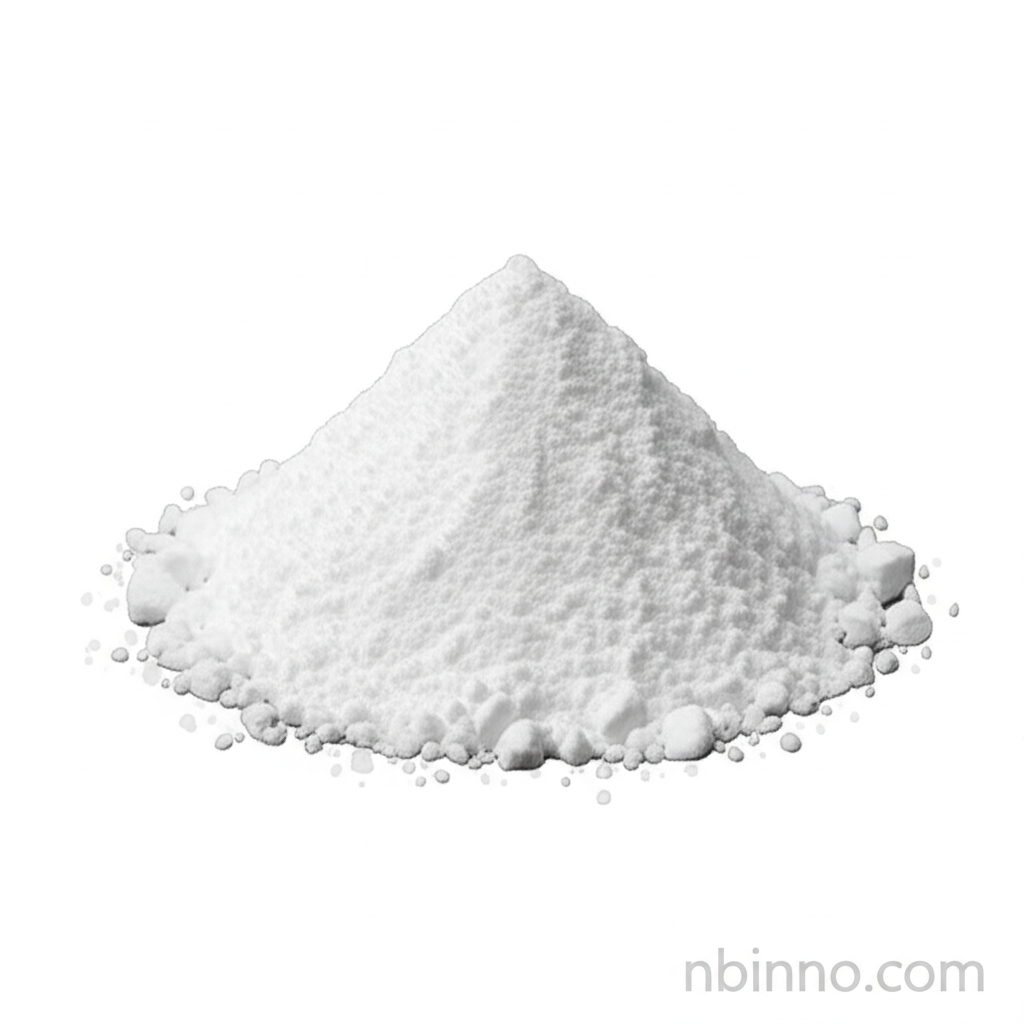Mucic Acid (CAS 526-99-8): A Versatile Aldaric Acid for Chemical Synthesis and Research
Discover Mucic Acid, a crucial dicarboxylic sugar acid widely used in biochemical analysis and chemical synthesis. As a reliable manufacturer and supplier in China, we provide high-purity Mucic Acid (CAS 526-99-8) to meet your research and industrial demands. Explore its applications and inquire about bulk purchase options for your next project.
Get a Quote & SampleHigh-Quality Mucic Acid for Your Critical Applications

Mucic Acid (CAS 526-99-8)
Mucic acid, also known as galactaric acid, is a white crystalline powder renowned for its specific role in the mucic acid test for detecting galactose and lactose. As a trusted supplier, we offer this essential chemical, ensuring high purity for consistent results in your laboratory or manufacturing processes. When you need to buy Mucic Acid in China, consider our commitment to quality and supply chain reliability.
- Discover the efficacy of Mucic Acid for galactose and lactose detection as a key biochemical reagent.
- Source high-purity Galactaric Acid from a dependable manufacturer for your chemical synthesis needs.
- Explore competitive pricing for Mucic Acid, available for purchase globally.
- Benefit from our robust supply chain as your preferred Mucic Acid supplier in China.
Key Advantages of Sourcing Mucic Acid
Exceptional Purity and Quality
Our Mucic Acid (CAS 526-99-8) is processed to meet stringent purity standards, making it ideal for sensitive biochemical assays and demanding chemical reactions. We guarantee consistent quality for every batch.
Versatile Chemical Intermediate
As a dicarboxylic sugar acid, Mucic Acid serves as a valuable building block in organic synthesis. Its unique structure makes it suitable for various chemical transformations, offering solutions for researchers and formulators.
Reliable Supply and Competitive Pricing
We are a leading manufacturer and supplier of Mucic Acid in China, committed to providing a stable supply and competitive prices. Contact us today to purchase Mucic Acid and receive a prompt quote.
Applications of Mucic Acid
Biochemical Testing
Mucic Acid is a critical component in the mucic acid test, a specific diagnostic method for identifying galactose and lactose in various samples. This application highlights its importance in analytical chemistry and medical diagnostics.
Chemical Synthesis
The dicarboxylic nature of Mucic Acid makes it a useful starting material for synthesizing polymers, chelating agents, and other complex organic molecules. Explore its potential in your synthetic routes.
Research and Development
Researchers utilize Mucic Acid in various R&D projects, exploring its properties and potential applications in pharmaceuticals, materials science, and food chemistry. As a reliable supplier, we support your innovative endeavors.
Food Industry Applications
Mucic acid has been explored for its use in the food industry, for example, as a potential replacement for tartaric acid in certain formulations. Its properties are of interest for food technologists.
